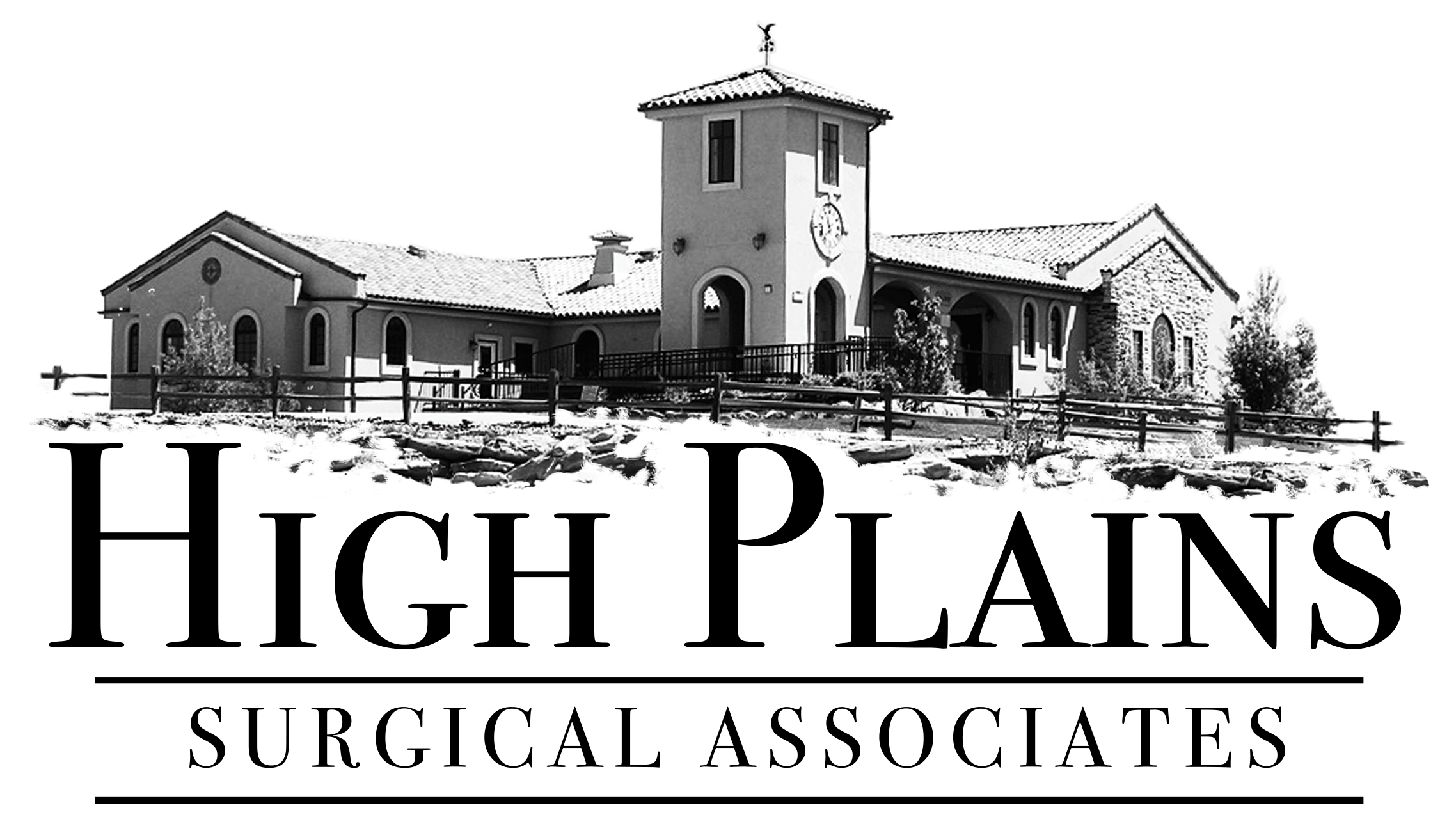Colonoscopy
What is a Colonoscopy?
A colonoscopy is a procedure that allows your doctor to look inside your large intestine (colon) using a thin, flexible tube with a camera and light at the end. This test helps find problems in the colon and rectum, often before they become serious. Think of it as a “check-up” for your digestive system.
Why You Might Need One
There are several reasons your doctor may recommend a colonoscopy:
Routine Screening: To check for early signs of colon cancer, usually starting at age 45.
Family History: If close relatives have had colon cancer or advanced polyps, screening may start earlier.
Symptoms: Ongoing abdominal pain, rectal bleeding, changes in bowel habits, or unexplained weight loss.
Follow-Up: If you’ve had colon polyps before, your doctor may want to make sure they don’t return.
What is a polyp?
A polyp is a small growth on the lining of the colon. While many are harmless, some can turn into cancer over time. Removing them early prevents problems later.
What is a polypectomy?
If polyps are found during your colonoscopy, the doctor can remove them right away in a simple process called a polypectomy — no extra surgery required.
Preparing for the Procedure
Preparation, or “prep,” is key to a successful colonoscopy.
You’ll be asked to follow a clear-liquid diet the day before.
A prescribed bowel prep solution will clean out your colon so the doctor has a clear view.
You’ll get detailed instructions to follow carefully — this step is just as important as the procedure itself.
What to Expect During the Procedure
You’ll receive sedation so you’re relaxed and comfortable.
The doctor gently guides the scope through your colon while viewing live video on a screen.
If any polyps or suspicious areas are found, they can be removed or sampled right away.
The whole test usually takes 30–60 minutes.
After Your Colonoscopy
You’ll rest until the sedation wears off, then go home the same day.
A friend or family member will need to drive you.
Mild cramping or bloating can happen but usually goes away quickly.
Your doctor will discuss any findings and let you know when you’ll hear about lab results (if biopsies were taken).
Learn More
Watch the 3D animation below for a clear, step-by-step look at the colonoscopy process.

